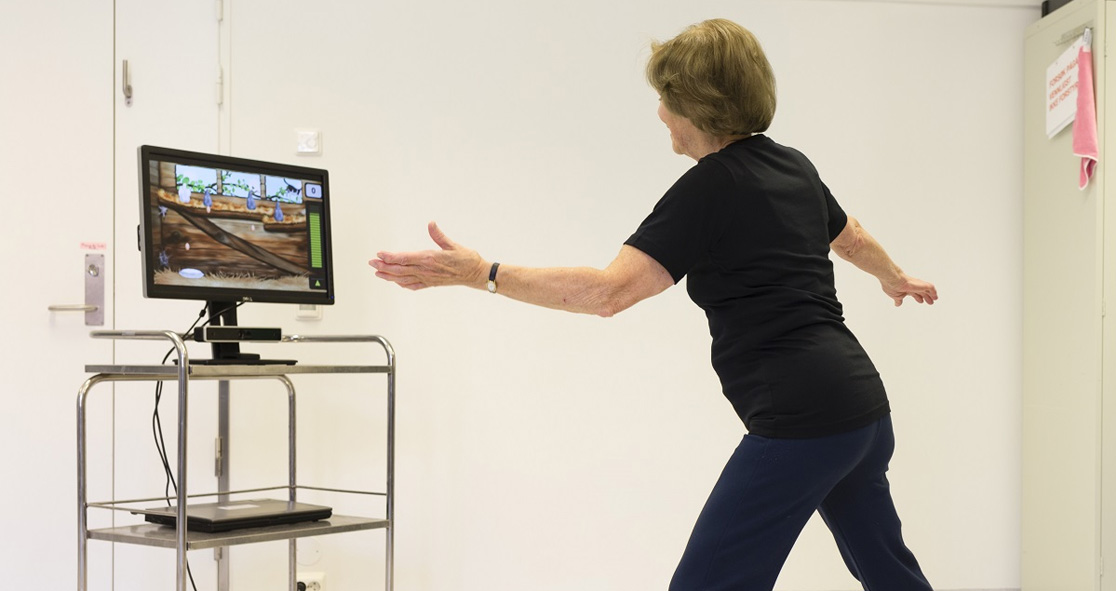People with dementia often lose their ability to think, plan, remember things, or behave appropriately. It affects not only the person diagnosed with the condition but also their families.
Gradually, patients lose their motor skills and they eventually fail to handle daily life alone and need comprehensive care. Unfortunately, we have no drug to cure this debilitating neurological condition. Dementia, including Alzheimer’s disease, is still incurable.
However, a study conducted by Dr. Eling de Bruin, ETH Researcher, Zurich, and his team has shown for the first time that both the cognitive and physical skills of patients with dementia can be improved simply by using a fitness game, called “Exergame.”
In 2015, ETH researcher Dr. Patrick Eggenberger and his team showed that elderly people who can train their body and mind simultaneously demonstrate better cognitive performance, preventing prevent cognitive impairment. However, Dr. Eggenberger conducted the study on healthy subjects only.
Dr. de Bruin, who worked with Dr. Eggenberger, said, “It has been suspected for some time that physical and cognitive training also have a positive effect on dementia. However, in the past, it has been difficult to motivate dementia patients to undertake physical activity over extended periods.”
Study author Dr. Eva van het Reve said, “We wanted to devise a customized training program that would improve the lives of older people.”
The researchers developed fun exercises to encourage people who were already having dementia symptoms. The team then developed the Senso training platform that consists of a screen with the game software, which enables people to train both physically and mentally.
The fitness game also makes it easier to motivate people to practice regularly.
The team led by Dr. Nathalie Swinnen recruited 45 subjects for the study. Dr. de Bruin said, “The participants were divided into two groups on a random basis. The first group trained for 15 minutes with the Dividat Senso three times a week for eight weeks, while the second group listened to and watched music videos of their choice.”
After following up with all subjects for eight weeks, the results offered hope to dementia patients and their relatives: training with this machine indeed enhanced cognitive skills, such as attention, concentration, memory, and orientation, according to Science Daily.
Dr. de Bruin explained, “For the first time, there’s hope that through targeted play we will be able not only to delay but also weaken the symptoms of dementia.”
“These highly encouraging results are in line with the expectation that dementia patients are more likely to deteriorate without training,” he added.
The researcher also found that the fitness game helped improve the physical abilities, including reaction time, in people with dementia. The article was originally published in Science Daily.























